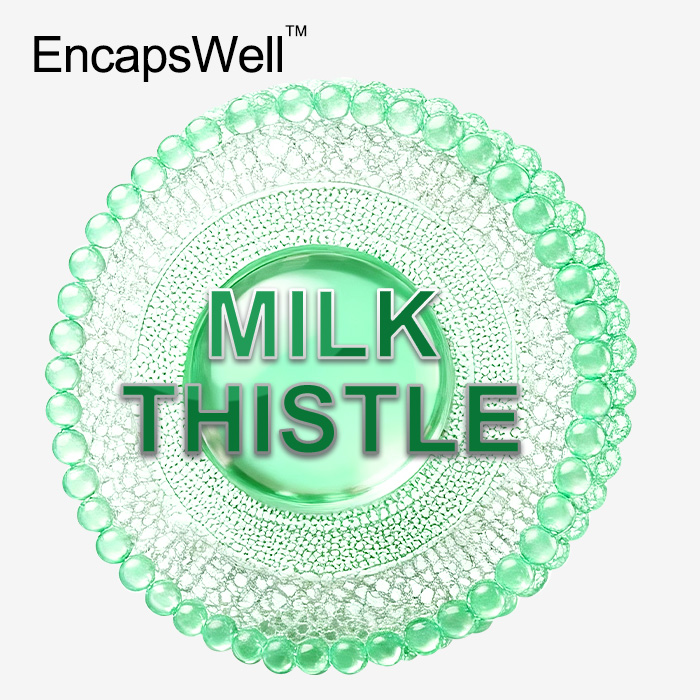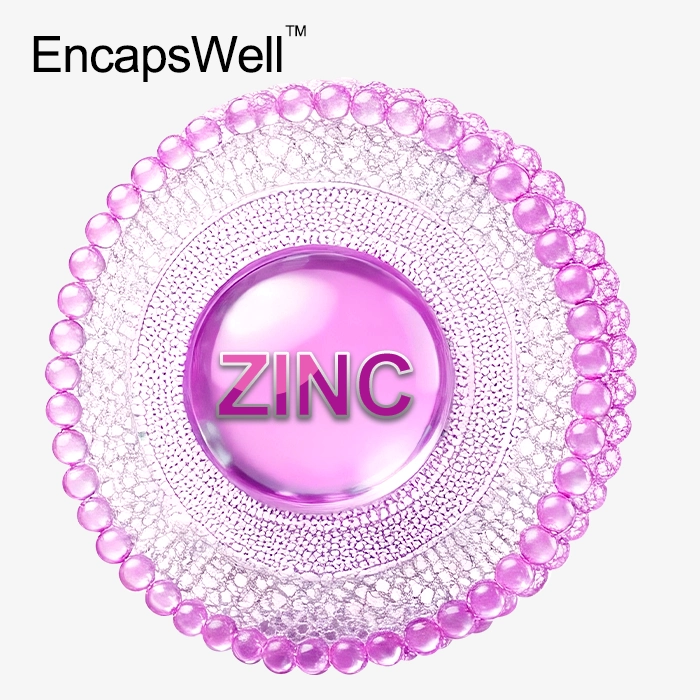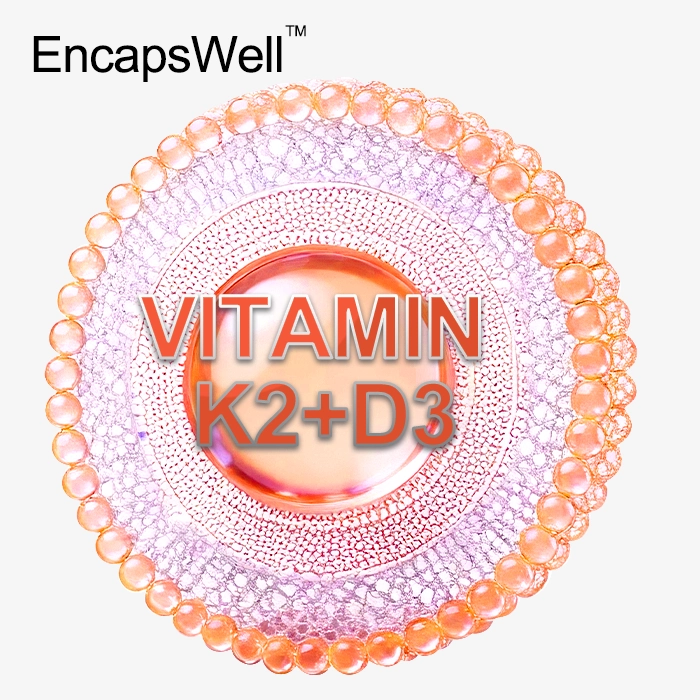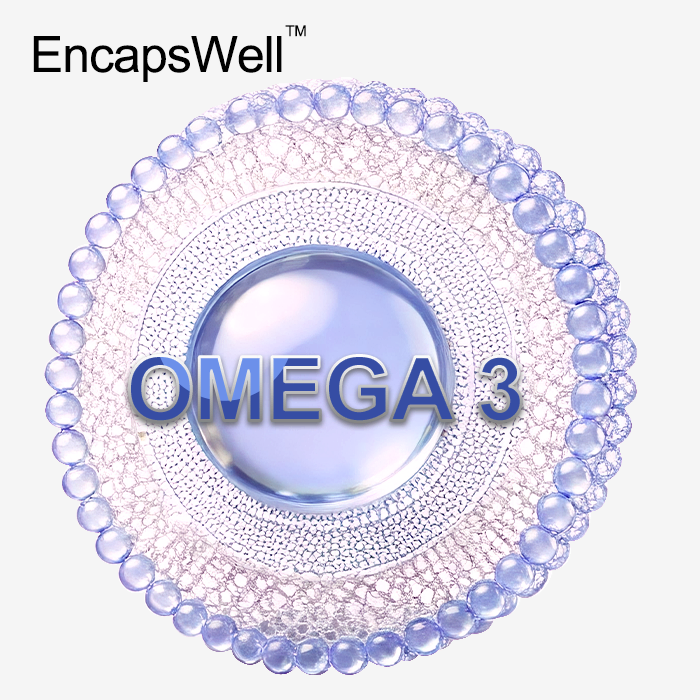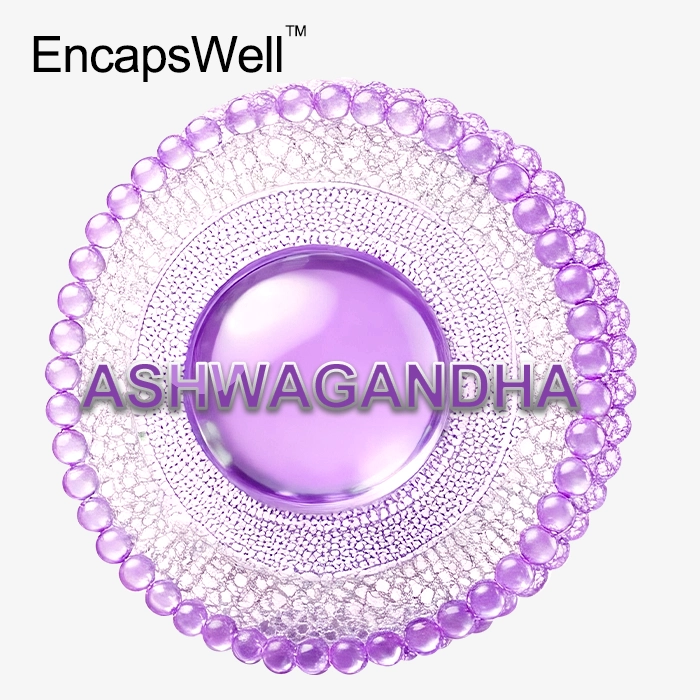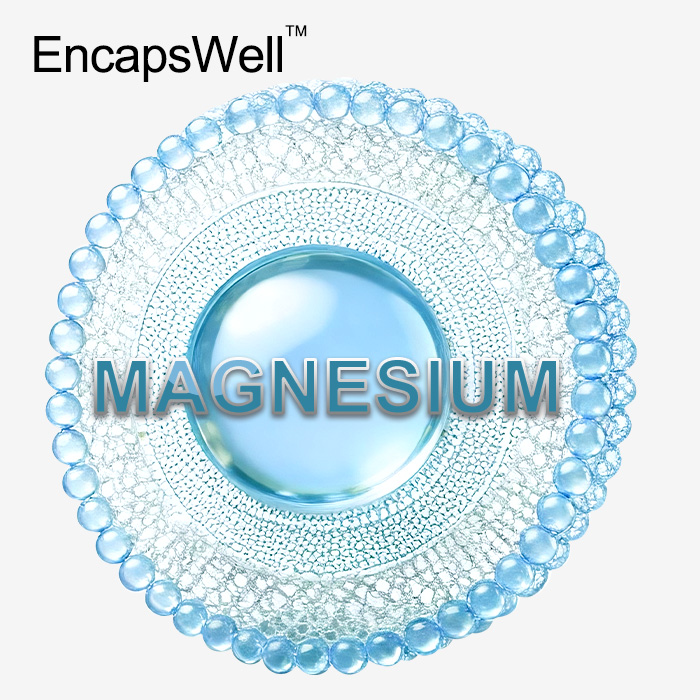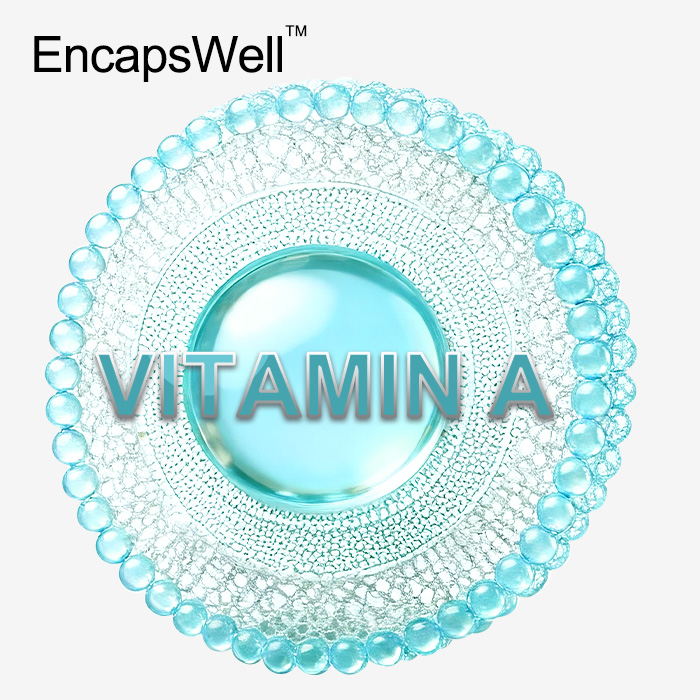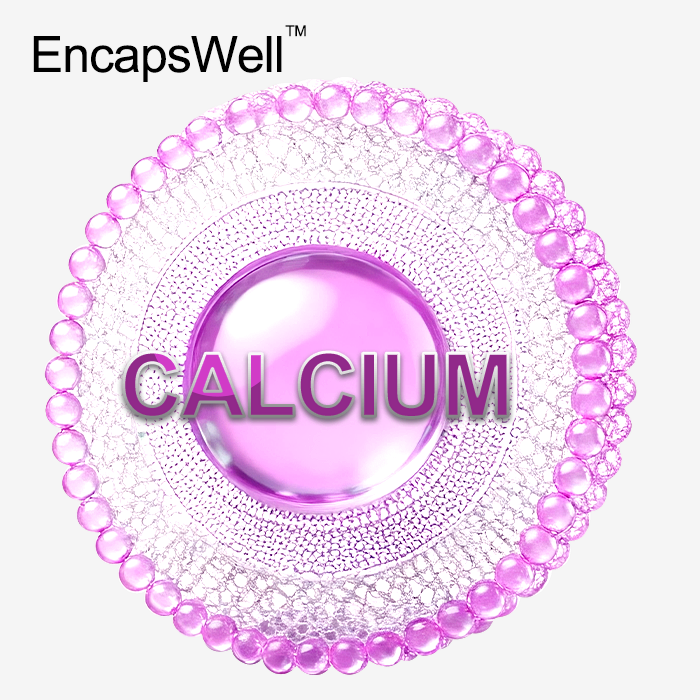Can Liposomal Milk Thistle Help After Alcohol Consumption?
Liposomal milk thistle powder shows promise in supporting liver health after alcohol consumption. This advanced formulation enhances the bioavailability of silymarin, the active compound in milk thistle, potentially offering more effective protection against alcohol-induced liver stress. While liposomal milk thistle may help mitigate some effects of alcohol on the liver, it's not a cure-all or an excuse for excessive drinking. The enhanced absorption of liposomal technology allows for better utilization of milk thistle's antioxidant and hepatoprotective properties. However, responsible alcohol consumption and a healthy lifestyle remain crucial for overall liver health. Liposomal milk thistle should be viewed as a supportive measure, not a solution for alcohol abuse.
Understanding Liposomal Milk Thistle and Its Potential Benefits
What is Liposomal Milk Thistle?
Liposomal milk thistle represents a cutting-edge approach to delivering the beneficial compounds found in Silybum marianum, commonly known as milk thistle. This innovative formulation encapsulates milk thistle extract within tiny lipid bubbles called liposomes. These microscopic spheres protect the active ingredients from degradation in the digestive system and facilitate their absorption into the bloodstream.
The key component of milk thistle, silymarin, is a complex of flavonolignans with potent antioxidant and hepatoprotective properties. By utilizing liposomal technology, manufacturers can overcome the traditionally poor bioavailability of silymarin, ensuring that a higher concentration of these beneficial compounds reaches the liver.
How Liposomal Technology Enhances Milk Thistle's Efficacy?
Liposomal encapsulation significantly improves the absorption and utilization of milk thistle extract in several ways:
- Increased Bioavailability: The lipid-based carriers help bypass the first-pass metabolism in the liver, allowing more of the active compounds to reach their target sites.
- Protection from Degradation: Liposomes shield the milk thistle extract from harsh stomach acids and digestive enzymes, preserving its potency.
- Enhanced Cellular Uptake: The phospholipid structure of liposomes is similar to cell membranes, facilitating easier absorption into cells.
This enhanced delivery system translates to potentially greater therapeutic effects, even at lower doses compared to traditional milk thistle supplements.
The Liver-Protective Properties of Milk Thistle
Milk thistle has been used for centuries to support liver health, and modern research has shed light on its mechanisms of action:
- Antioxidant Activity: Silymarin scavenges free radicals and reduces oxidative stress in liver cells.
- Membrane Stabilization: It helps maintain the integrity of liver cell membranes, protecting against toxins.
- Protein Synthesis Stimulation: Milk thistle promotes the regeneration of liver cells by stimulating protein synthesis.
- Anti-inflammatory Effects: It may help reduce inflammation in the liver, a common consequence of alcohol consumption.
These properties make liposomal milk thistle a promising candidate for supporting liver health, particularly in the context of alcohol-related stress.
The Impact of Alcohol on Liver Health and How Liposomal Milk Thistle May Help
Alcohol's Effects on the Liver
Alcohol consumption can have significant impacts on liver health, ranging from mild stress to severe damage. When alcohol enters the body, the liver bears the primary responsibility for metabolizing it. This process can lead to several detrimental effects:
- Oxidative Stress: Alcohol metabolism generates harmful free radicals, causing oxidative damage to liver cells.
- Fat Accumulation: Excessive alcohol intake can lead to fatty liver disease, where fat deposits accumulate in liver tissue.
- Inflammation: Chronic alcohol consumption triggers inflammatory responses in the liver, potentially leading to fibrosis or cirrhosis.
- Impaired Nutrient Metabolism: Alcohol interferes with the liver's ability to process and store essential nutrients.
These effects underscore the importance of supporting liver health, especially for those who consume alcohol regularly.
Liposomal Milk Thistle's Potential Protective Mechanisms
Liposomal milk thistle may offer several protective benefits against alcohol-induced liver stress:
- Enhanced Antioxidant Defense: The improved bioavailability of silymarin in liposomal form may provide more robust protection against alcohol-generated free radicals.
- Cellular Regeneration Support: Milk thistle's ability to stimulate protein synthesis could aid in repairing alcohol-damaged liver cells more effectively.
- Reduced Fat Accumulation: Some studies suggest that silymarin may help prevent the buildup of fat in the liver, a common issue with regular alcohol consumption.
- Anti-inflammatory Action: The anti-inflammatory properties of milk thistle could help mitigate alcohol-induced liver inflammation.
While these potential benefits are promising, it's crucial to note that liposomal milk thistle is not a license to drink excessively. Responsible alcohol consumption remains paramount for liver health.
Comparing Liposomal Milk Thistle to Traditional Forms
When considering the use of milk thistle for liver support after alcohol consumption, the liposomal form offers several advantages over traditional supplements:
- Higher Absorption Rates: Liposomal delivery can increase the absorption of silymarin by up to 8-10 times compared to standard extracts.
- Lower Effective Dose: The enhanced bioavailability means that lower doses of liposomal milk thistle may provide similar benefits to higher doses of traditional forms.
- Faster Action: Improved absorption may lead to quicker onset of protective effects in the liver.
- Reduced Side Effects: Lower doses and better absorption may decrease the likelihood of gastrointestinal side effects sometimes associated with high-dose milk thistle supplements.
These factors make liposomal milk thistle an attractive option for those seeking optimal liver support, especially in the context of occasional alcohol consumption.
Practical Considerations for Using Liposomal Milk Thistle
Optimal Timing and Dosage
While research on the specific timing and dosage of liposomal silybum marianum extract for alcohol-related liver support is ongoing, some general guidelines can be considered:
- Pre-consumption Support: Taking liposomal milk thistle before alcohol consumption may help prepare the liver for incoming stress.
- Post-consumption Recovery: A dose after drinking could aid in mitigating the effects of alcohol on the liver.
- Regular Supplementation: For those who drink regularly, daily supplementation with liposomal milk thistle might provide ongoing liver support.
Dosage can vary depending on the specific product and individual needs. It's crucial to follow manufacturer recommendations and consult with a healthcare professional for personalized advice.
Combining Liposomal Milk Thistle with Other Liver-Supportive Measures
For comprehensive liver health, especially when alcohol is a factor, consider integrating liposomal milk thistle into a broader liver support strategy:
- Hydration: Drinking plenty of water before, during, and after alcohol consumption helps support liver function.
- Balanced Diet: A diet rich in antioxidants, fiber, and essential nutrients supports overall liver health.
- Exercise: Regular physical activity can help maintain a healthy liver and metabolize alcohol more efficiently.
- Alcohol Moderation: Limiting alcohol intake remains the most effective way to protect liver health.
Remember, while liposomal milk thistle may offer enhanced liver support, it should complement, not replace, these fundamental health practices.
Potential Interactions and Precautions
While generally considered safe, liposomal milk thistle may interact with certain medications or conditions:
- Drug Interactions: Milk thistle may affect the metabolism of some medications. Consult a healthcare provider if you're taking any prescription drugs.
- Allergies: Those with allergies to plants in the Asteraceae family should use caution.
- Pregnancy and Breastfeeding: Limited data exists on the safety of liposomal milk thistle during pregnancy or while breastfeeding. Consult a healthcare provider before use.
- Existing Liver Conditions: While milk thistle is often used to support liver health, those with pre-existing liver conditions should seek medical advice before supplementing.
As with any supplement, it's wise to consult with a healthcare professional before incorporating liposomal milk thistle into your routine, especially if you have any health concerns or are taking medications.

Conclusion
Liposomal milk thistle shows promise as a supportive measure for liver health, particularly in the context of alcohol consumption. Its enhanced bioavailability and potent antioxidant properties may offer more effective protection against alcohol-induced liver stress compared to traditional milk thistle supplements. However, it's crucial to view liposomal milk thistle as part of a comprehensive approach to liver health, not a solution for excessive drinking. Responsible alcohol consumption, a balanced diet, regular exercise, and adequate hydration remain fundamental for maintaining liver health. While liposomal milk thistle may provide additional support, it should complement, not replace, these healthy lifestyle choices. As research in this area continues to evolve, consulting with healthcare professionals for personalized advice is recommended.
FAQs
What makes liposomal milk thistle different from regular milk thistle supplements?
Liposomal milk thistle uses advanced encapsulation technology to improve the bioavailability of silymarin, the active compound in milk thistle. This results in better absorption and potentially more effective liver support.
Can liposomal milk thistle prevent hangovers?
While liposomal milk thistle may support liver health, it's not a cure for hangovers. The best way to prevent hangovers is to drink responsibly and stay hydrated.
Is liposomal milk thistle safe to use regularly?
Generally, liposomal milk thistle is considered safe for regular use. However, it's always best to consult with a healthcare professional, especially if you have existing health conditions or are taking medications.
Liposomal Milk Thistle Powder for Liver Support | EmerWell
At EmerWell, we specialize in cutting-edge liposomal supplement formulations, including our premium liposomal milk thistle powder. Our proprietary EncapsWell™ technology ensures superior bioavailability and stability, making our products ideal for liver support applications. As a trusted supplier and manufacturer, we offer comprehensive OEM/ODM services to bring your liposomal supplement ideas to life. For more information on our liposomal milk thistle powder or custom formulations, contact us at info@emerwell-bio.com.
References
Abenavoli, L., et al. (2018). Milk thistle in liver diseases: past, present, future. Phytotherapy Research, 32(12), 2369-2378.
Flaig, T. W., et al. (2007). A phase I and pharmacokinetic study of silybin-phytosome in prostate cancer patients. Investigational New Drugs, 25(2), 139-146.
Loguercio, C., & Festi, D. (2011). Silybin and the liver: from basic research to clinical practice. World Journal of Gastroenterology, 17(18), 2288-2301.
Patel, N., et al. (2019). Silymarin modulates doxorubicin-induced oxidative stress, Bcl-xL and p53 expression while preventing apoptotic and necrotic cell death in the liver. Toxicology and Applied Pharmacology, 367, 1-13.
Surai, P. F. (2015). Silymarin as a natural antioxidant: an overview of the current evidence and perspectives. Antioxidants, 4(1), 204-247.
Vargas-Mendoza, N., et al. (2014). Hepatoprotective effect of silymarin. World Journal of Hepatology, 6(3), 144-149.
Have a project in mind? Tell us your goals — we’ll help you make it real.

